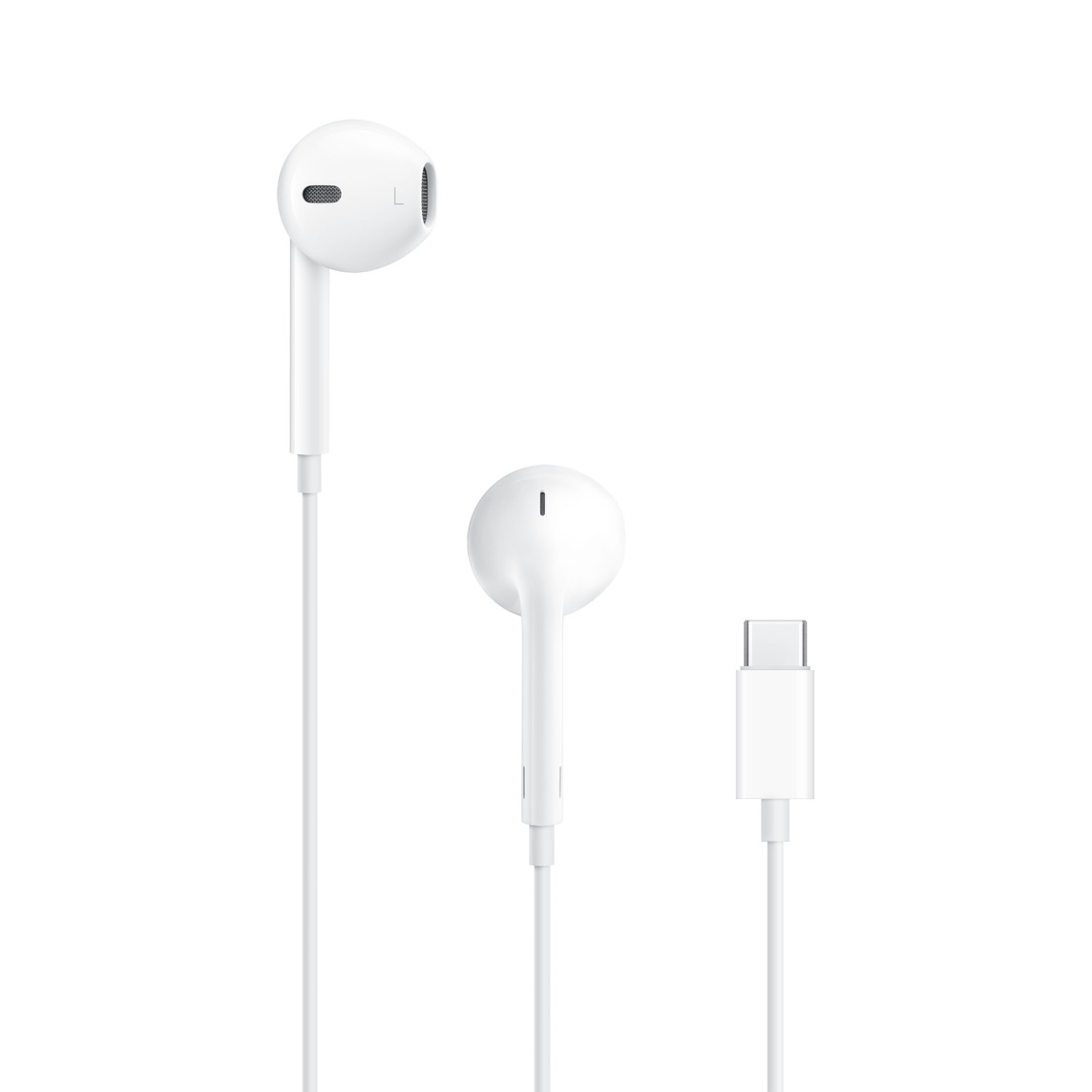For the relatively short time between it coming available in the UK and, erm, closing down, I was a subscriber to Neeva, a paid-for search engine. I paid for it mostly because I liked its philosophy. Neeva was unconflicted in giving users the best possible search results, without considerations such as advertising getting in the way.
In terms of user experience, I found it only marginally better than the competition, but for a tool as commonly used as a search engine, marginally better is worth it.
The ever-excellent David Pierce had a great piece profiling the downfall of Neeva in The Verge recently, which is well-worth reading.
One thing Pierce neglects to mention is Kagi, a search engine with a similar philosophy, which I’ve been using after Neeva closed. Kagi is not marginally better than the competition: it’s miles better. It has lots of thoughtful customisation options, like allowing users to “pin” results from given sites to the top of their results, or to exclude domains entirely, or to generate a fast AI “quick answer” with references. But that’s not the main thing.
Do you remember the feeling when you first tried Google instead of Alta Vista, Excite, or Yahoo? The pages were clean, clear, and amazingly fast to load. The results were uncannily accurate. It was just obviously better, by leaps and bounds. The alternatives felt like they belonged to a different era.
That’s the feeling I get with Kagi.
It might not last. Feature bloat and the perverse incentives to act in interests other than those of the users might win out. And Kagi isn’t for everyone: ad-funded search has its place, like ad-funded newspapers, radio stations, television programmes, email servers, and so on. But right now, Kagi is perfect for me.
The image at the top of this post was generated by Midjourney.

